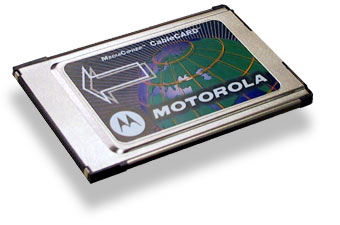NCTA: Cable Has Spent $935 Million On CableCards
The smarter way to stay on top of the multichannel video marketplace. Sign up below.
You are now subscribed
Your newsletter sign-up was successful
The U.S. cable industry has spent more than $900 million to date on CableCard-enabled set-top boxes to comply with the Federal Communications Commission's so-called integrated set-top ban, according to the National Cable & Telecommunications Association.
The cable trade association included the estimate in an ex parte filing Wednesday with the FCC, detailing a meeting with agency staff on broadband and set-top topics.
Here's the math: Through September, the 10 biggest cable operators in the U.S. have deployed more than 16.7 million set-top boxes with CableCards. The NCTA cited the FCC's Media Bureau estimate that a CableCard adds about $56 in cost to each set-top -- yielding a total of $935 million.

In the past, the NCTA has quoted estimates of $72 to $93 per unit to add CableCard support.
Meanwhile, the Consumer Electronics Association in the past has disputed the cable industry's claims about CableCard-related costs, claiming that it costs TV manufacturers in the range of $10 to $15 per unit to add support for CableCards.
The FCC's integrated set-top ban -- which went into effect July 2007 -- is intended to improve the way CableCards work in third-party devices, by forcing cable operators to use the technology themselves.
The smarter way to stay on top of the multichannel video marketplace. Sign up below.
